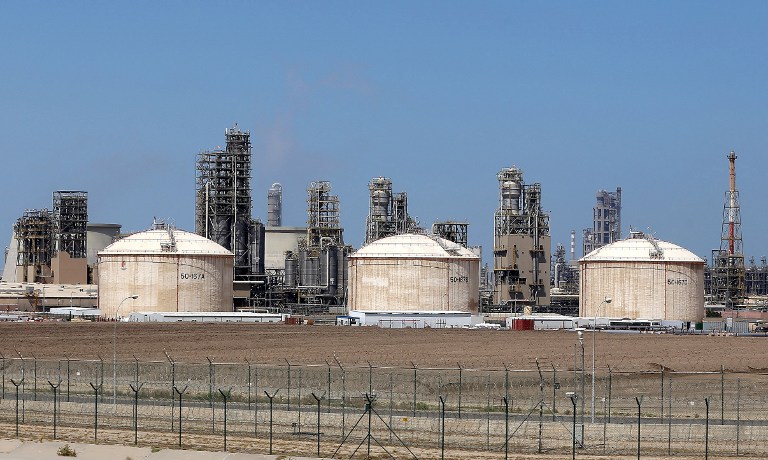Istanbul – The future of oil demand in wake of the growing request for electric cars was at the heart of discussions among officials and executives during the World Petroleum Congress (WPC) held in Istanbul, Turkey last week.
International Energy Agency (IEA) Executive Director Fatih Birol made a few key points on the matter and told the audience during the conference that by the end of 2016, there were 2 million electric cars in the world, which is less than 1 percent of total global car sales. He did however state that by 2040, the percentage will be “troubling”.
Despite those fears, chairman of Kuwait Petroleum International (KPI and known as Q8) Bekhit Rashidi stated that despite growing request for plug-in cars, the world will continue to build oil refineries.
He told Asharq Al-Awsat that refined energy will increase from 97 million barrels per day to 110 by 2040, which, according to him, is a proof that the demand for oil will continue.
Despite his optimism, Rashidi did not make light of the impact of the increase in electric car production on the demand for traditional fuel, acknowledging that it will take a share of oil production in the future.
“Oil is losing about 200,000 bpd today to electric cars. By 2040, this number is expected to increase to 6 million bpd,” he stated.
Fears of the increased demand on electric cars emerged this month after France announced it will stop selling cars running on gas and diesel as of 2040, while Volvo is planning to gradually shift to electric cars and aims to sell one million by 2025.
Bloomberg New Energy Finance (BNEF) expects 530 million plug-in cars on the road by 2040, a third of the world’s total.
Future of refineries
Established in 1983, Kuwait Petroleum International is the international subsidiary of the Kuwait Petroleum Corporation, which combines elements of the Kuwait oil sector under one corporate umbrella and is recognized as one of the world’s top ten energy conglomerates.
KPI wants to add or expand refining capacity outside of Kuwait and is looking at the growing markets of China, India, Vietnam, the Philippines and Indonesia.
Rashidi announced that the company wants to expand refining capacity to 1.3 million bpd beyond 2030, and Kuwaiti crude will supply at least 65 percent of all of KPI’s new refineries outside of Kuwait.
Industry’s profit margins should be robust until 2023 or 2024, but may narrow after that due to potential excess capacity, he said.
KPI plans to be able to refine 800,000 bpd outside of Kuwait within five years, including at a plant under construction in Vietnam, Rashidi said.
The company wants to expand refining capacity to 1.3 million bpd as of 2030, and Kuwaiti crude will supply at least 65 percent of all of KPI’s new refineries outside Kuwait.
Increased production
In order to be able to increase the number of refineries outside the country, Kuwait plans to raise oil-production capacity to as much as 4.75 million bpd after 2030.
OPEC member Kuwait can currently pump up to 3.15 million bpd and is planning to increase capacity to 4 million by 2020 and to keep it at that level until 2030, Rashidi told Bloomberg in Istanbul on the sidelines of WPC.
Kuwait Petroleum Corporation, the company in charge of the nation’s oil production, is considering boosting capacity to 4.75 million bpd by 2040, he added.
“This is one of the targets, and it is not approved yet, but we will definitely go beyond 4 million barrels a day starting from 2030,” Rashidi stated.
To reach that goal, KPI is considering expanding processing plants to China, India, Vietnam, the Philippines and Indonesia.
“We see growth in these countries, so we will be there,”pointed out Rashidi.
In addition, Rashidi declared that KPI has an initial agreement with Petrovietnam to expand the Vietnam plant’s capacity from 200,000 bpd to 400,000 after 2025, which would also include a petrochemical plant.
“The future in the business is for big refineries with integrated petrochemical plants,” the KPI CEO said.
KPI is currently working on developing a refinery in Duqm, Oman, in collaboration with the state-owned Oman Oil Company, which will have the capacity to produce 230,000 bpd.
The refinery is expected to be done by 2021 and is estimated to cost $7 billion.
